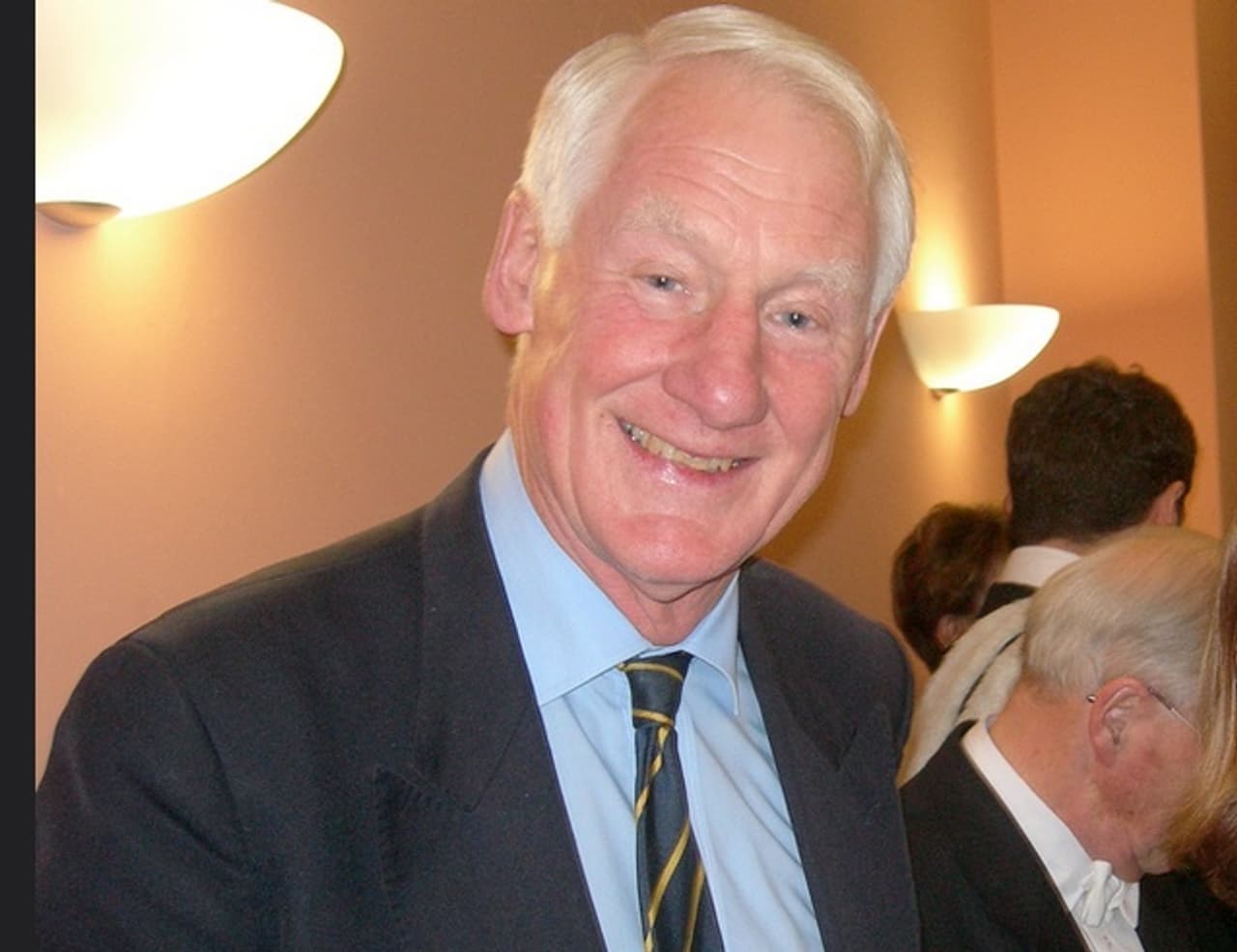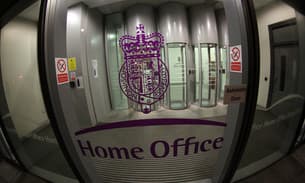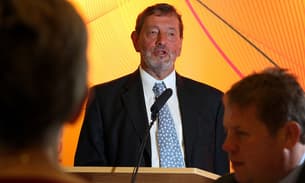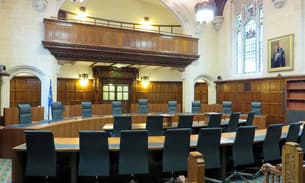
Thatcher and Blair Cabinet Secretary: Intelligence committee has ‘helped’ public by confirming GCHQ’s internet tap ‘Tempora’ powers
Lord Butler by Mike Knell/Flickr
A former Cabinet Secretary to Margaret Thatcher, John Major and Tony Blair said a Parliamentary intelligence committee had done the public a service by confirming GCHQ’s ability to tap undersea internet cables–in the face of repeated stonewalling by the spy agency.
Lord (Sir Robin) Butler, who was head of the Civil Service for 10 years under the three prime ministers, said the Intelligence and Security Committee (ISC) had “helped the public” by officially confirming what GCHQ repeatedly refuses to confirm or deny.
The spy centre, based in Cheltenham, has been fiercely criticised by civil liberties campaigners for its “no comment stance” because they claim it stifles public debate and hinders legal cases.
US National Security Agency documents released by whistleblower Edward Snowden in 2013 revealed that GCHQ was intercepting large volumes of data from fibre-optic cables under a secret programme dubbed “Tempora”.
However, the first official confirmation of GCHQ’s powers came only last November, contained in the fine details of an ISC report into the death of Lee Rigby.
Even then GCHQ remained silent, with privacy campaigners labelling the situation a “farce”.
However, speaking to the Bureau of Investigative Journalism, cross-bench peer Lord Butler, who is a member of the ISC, suggested the committee had deliberately confirmed the GCHQ powers as a way of informing British citizens about its potential reach.
He declined to comment on the Tempora codename cited by Snowden, but added: “The ISC has helped the public by putting a description of GCHQ’s capability in the public domain.
“It seems to me that it is the capability which is the important matter for people to know rather than its codename.”
Lord Butler, was Cabinet Secretary from 1988 to 1998, confirmed the committee had discussed GCHQ’s “no comment” policy with the spy agency, but declined to say anything further.
Derek Smith, Cabinet Office press spokesman for the ISC also said the committee “will not be drawn” on the subject of the policy.
The ISC report says: “GCHQ … has access to communications as they move over the internet via the major internet cables. This provides the capability to intercept a small proportion of internet traffic.” The proportion of traffic accessed and processed by the agency is redacted.
He added: “The UK should follow the US suit: stop hiding behind ‘neither confirm nor deny’ and engage in a proper discussion about one of the most important human rights issues of our age.”
Last year Privacy International, along with Liberty, Amnesty International and others challenged the Tempora programme in the Investigatory Powers Tribunal, which hears complaints against the intelligence and security agencies.
They argued that their communications were likely to have been surveilled, and that Tempora breached their privacy rights under the European Convention of Human Rights.
The tribunal judgment, which found there was no breach, was made on the basis of hypothetical cable tapping.
Privacy International’s barrister Ben Jaffey asked the IPT court to decide whether GCHQ should be required to depart from its neither confirm nor deny policy in relation to Tempora.
He argued that if the cable-tapping was acknowledged by the agency, there could be discussion in open court about whether the practice was proportionate as well as legal.
But the tribunal refused to judge the neither confirm nor deny policy, or to discuss proportionality on the same hypothetical terms.
Tribunal president Mr Justice Burton said the court would only look at whether interception was proportionate on a case-by-case basis.
Details of individual cases are always heard in closed session, which means details of any debate on proportionality will not be heard in public.
The Bureau has taken a separate case to the European Court of Human Rights, which also argues that programmes like Tempora mean journalists can no longer protect their sources and that this too breaches European law.
Related story: Mass surveillance regime does not breach human rights law, tribunal rules




